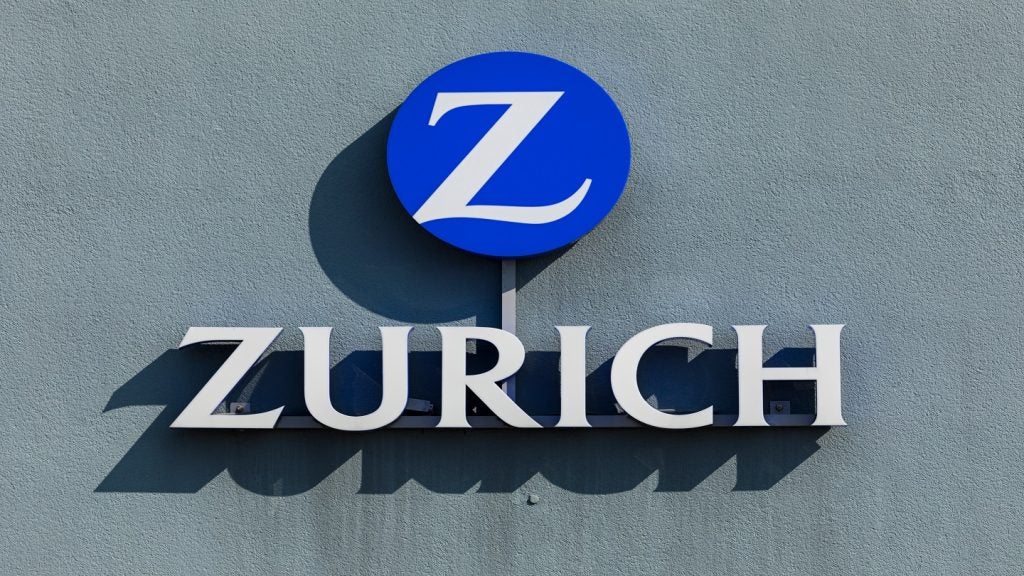
Brexit’s impact on M&A activity in the UK and European insurance industry is uncertain. This is because the opposing factors at play make it difficult to provide a definitive verdict on how deal flow and value will be affected in the short to medium-term, according to Jay Patel, insurance analyst at Timetric’s Insurance Intelligence Center (IIC).
This is an extract of a report titled M&A in the Global Insurance Industry, which will shortly be available at Timetric’s IIC.
The substantial risk of the UK losing passporting rights means many insurers would likely be reluctant to make decisions related to corporate strategy until there is certainty about the UK’s relationship with the EU.
Furthermore, insurers that take advantage of passporting currently may already be preoccupied with planning how they would have to restructure their operations, and so would not have the resource to take on all the work involved in a merger or acquisition.
An alternative view is that if the UK loses passporting rights, the subsequent restructuring of operations would likely lead to divestments that could generate M&A activity.
Fall in sterling
Additionally, the significant fall in sterling is likely to make UK companies more attractive for prospective acquirers.
While a weaker pound does not translate exactly into an increase in demand for UK companies, it is very relevant to companies whose majority of earnings is sourced from overseas.
For example, Lloyd’s of London insurers tend to earn much of their premiums from overseas clients. In 2014 less than 20% of the new premiums written in the market were for UK customers compared to 15% for Europe and 44% for US clients.
Impact on closed life books
Another example are the closed UK life insurance books held by foreign players, which are likely to find their way to market in light of the fall in sterling, according to recent comments made by Clive Bannister, chief executive of the Phoenix Group, in the Financial Times.
This is due to the fact that a weaker sterling reduces the flow of earnings to the foreign owners of these policies, and so makes the books of business less attractive to hold, particularly in light of how capital intensive they are.
Interestingly, the impact of Brexit to date on the number of insurance deals has been lower than on investment banking deals.
Olly Laughton-Scott, Founding Partner of Imas Corporate Finance, told the FT Adviser that “whilst insurance and financial support services deals were at average monthly levels, investment and lending deals were sharply lower.” This is partially a demonstration of the relative importance of the passport to the two sectors and the fact that banking is a more responsive, fast moving sector than insurance.
From a legal perspective, there is an EU framework that facilitates cross-border mergers for companies based within EEA states. The UK would lose access to this framework if it left the EEA, unless it was able to negotiate access to it in its final agreement with the EU.
M&A deals in the financial sector following Brexit may be subject to having a Brexit clause added to material adverse change (MAC) clauses found in acquisition agreements.
Such a clause could on a simplified level, state that a loss of passporting rights or changes in specific laws would count as a MAC and therefore enable the acquirer to pause on an acquisition that would begin to look less justified in terms of shareholder value.
Political interference
In terms of regulatory approval for M&A, Brexit could lead to a situation where there is greater scope for political interference in this process than currently is the case.
The European Commission reviews the transactions on competition- focused criteria and this acts to reduce the political interference that can hinder such deals.
If the UK leaves the EEA then there would be scope for the UK government and EU Member States to engage more actively in such behaviour.
In this context, the response of both the UK Government and the parliament of the German state of Hesse on the proposed merger between the London Stock Exchange and Deutsche Borse will be quite instructive as to how subject competition policy between the UK and the EU will proceed in the future.
Brexit’s M&A impact on European insurers
The weaker currency and loose monetary policy that may fuel M&A in the UK also applies to the EU. The economic conditions are similar to the UK, slow growth that has been depressed further by Brexit and a resulting weaker currency.
As a result, insurers from the US, China and other countries may also find European insurers particularly vulnerable to Brexit at a price that is hard to ignore.
Another reason to be bullish about M&A prospects in the insurance sector is the Bank of England’s decision to lower interest rates and expand its asset purchase programme to acquire corporate bonds.
This will lower the cost of borrowing for companies, including insurers and so will increase the affordability of cash backed acquisitions.
Enter Japan and the US
Japanese and US insurers are likely to be the two main sources of foreign acquisitions of UK insurers.
Japanese insurers would benefit from cheap financing through very aggressive monetary easing and a pound that has fallen from ¥158 before the referendum result to ¥132 in late August, a depreciation of approximately 16.5%.
The dollar has also strengthened substantially against sterling and this increase the incentives of US insurers to complete a deal while UK companies are relatively cheap.
To access more market insight, data and forecasts from Timetric's Insurance Intelligence Center, visit www.insurance-ic.com.







